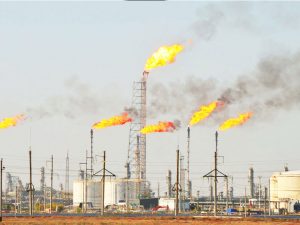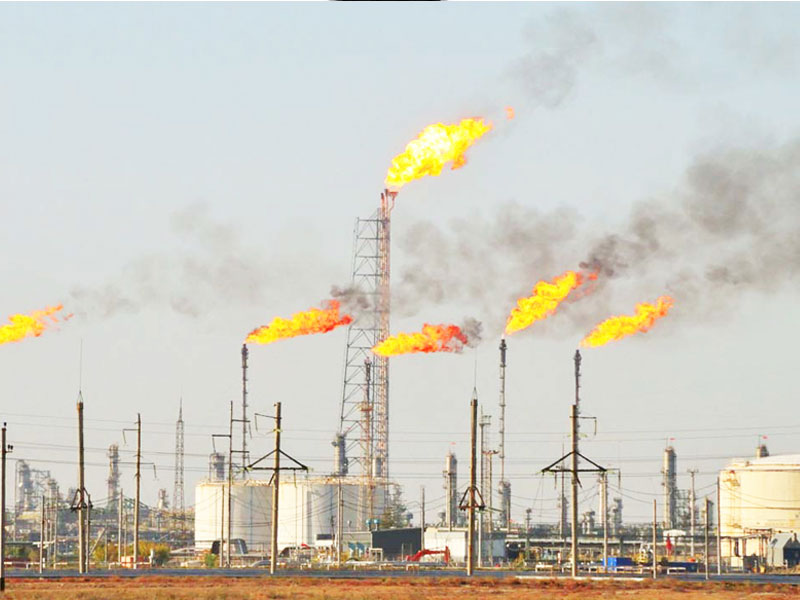To safeguard the environment, the Federal Government through the Petroleum Industry Act (PIA) has recommended that penalties from gas flaring be utilised “for the purpose of environmental remediation and relief to host communities” as provided under Sections 52 (7d), 104 (4) of the Act.
The Chief Executive of the Nigerian Upstream Petroleum Regulatory Commission (NUPRC), Gbenga Komolafe, made the disclosure in Abuja on Tuesday at the Nigerian Oil and Gas Conference (NOG) while providing regulatory oversight in the PIA era.
He said the Act has vested in the Commission with sweeping powers to act as an investigator, quasi-judicial, a mediator, a conciliator and a business enabler.
“The whole intent is to ensure that the Commission is fully equipped statutorily to discharge on its mandates.
“It is gratifying that the Commission has effectively been deploying its statutory powers within the PIA environment to ensure an effective and predictable regulatory environment in the sector”, he said.

He added that the PIA 2021 has introduced incentives targeted at growing reserves and increasing Nigeria’s daily crude oil production towards attaining the government aspiration of 40 billion barrels and 220TCF of oil and gas reserves respectively and three million bpd production target.
“In a clear departure from the past, the PIA, 2021 has introduced a mandatory Decommissioning and Abandonment Fund prescribed under Section 232 and 233, adoption of Grid System for Acreages under Section 69, Host Communities DevelopmentTrust under Chapter 3 that has replaced MOUs and GMOUs. These are aimed at achieving operational efficiency, higher productivity, cost optimization, cleaner and safe upstream environment.
“The Act has also made provision for existing producing marginal field operators to be granted a separate Petroleum Mining Lease (PML) after conversion.
Meanwhile, Oil prices tumbled to below $100 a barrel amid fears of a global recession outweighing supply concerns. On Wednesday, Brent Crude, the Nigerian crude oil benchmark, dropped 3.28 percent to trade at $99.40 a barrel — the first time since February 20, 2022.West Texas Intermediate (WTI) crude plunged 4.21 percent to $95.31 a barrel.


